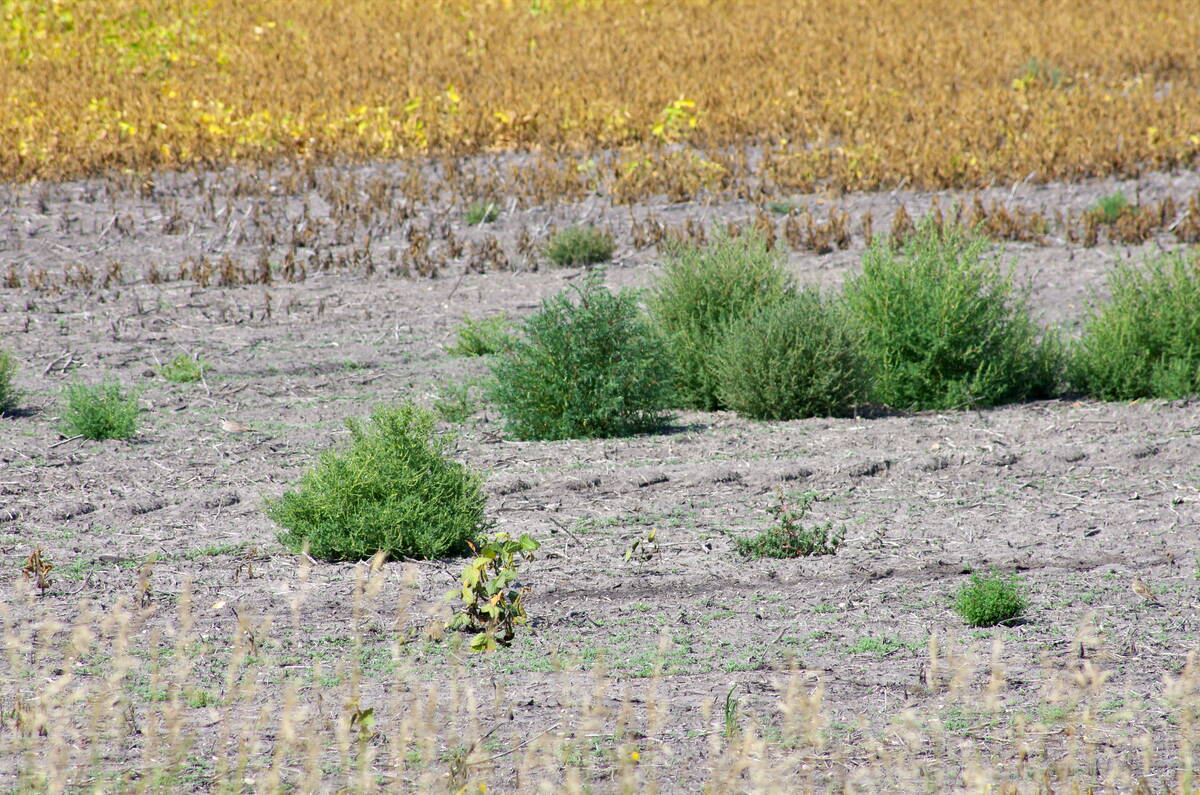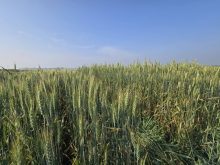Japan is postponing a plan to make its rigid wheat import system more flexible by at least several months after flour millers and other users protested that they are not in a position to take on more risk of price fluctuations.
A more flexible system could lead to more imports through a simultaneous buy and sell (SBS) system, by which trading firms negotiate directly with users to reflect their needs, although bids are placed through the government.
And whi le the threat is still seen as small, it may also lead Japan, the world’s fourth-biggest wheat importer, to purchase from a more diverse array of exporters.
Read Also

Kochia creeps farther north in Manitoba
Farmers are fighting kochia farther north than ever before in Manitoba, while the resistance-prone weed also keeps eating up herbicide options.
The government currently buys food wheat via weekly tenders in bulk cargoes from the U. S., Canada and Australia, which account for 90 per cent of Japan’s wheat imports of five million tonnes per year.
In 2007, it expanded the SBS system, which better reflects market prices, from feed wheat to also include Australian prime hard wheat, durum wheat for pasta and imports in containers – for example, from France, which accommodates specialty makers’ needs for different wheats.
A more flexible system may also result in the government revising its sales prices to flour millers more frequently from the current twice a year.
The potential new measures, designed to reduce use of subsidies to food makers, had been slated for introduction at the beginning of the next fiscal year in April, but talks at a key advisory panel on wheat imports have stalled.
Yoshihiro Hayashi, a University of Tokyo professor who chairs the panel, said on Thursday he does not think any change on the two-year-old wheatimporting rules would happen in April.
Akio Shibata, director at Marubeni Research Institute and a panel member, said the government should still seek a more flexible and varied importing scheme.
Japanese food makers need to be ready to react to instability in prices and in the quality and quantity of supplies due to irregular weather, increasing demand and fund flows, if they want to remain competitive, he said.
The Ministry o f Agriculture oversees imports of wheat and other key grains in order to maintain stable prices, while protecting local farmers. More than 85 per cent of the wheat consumed in Japan comes from abroad.














